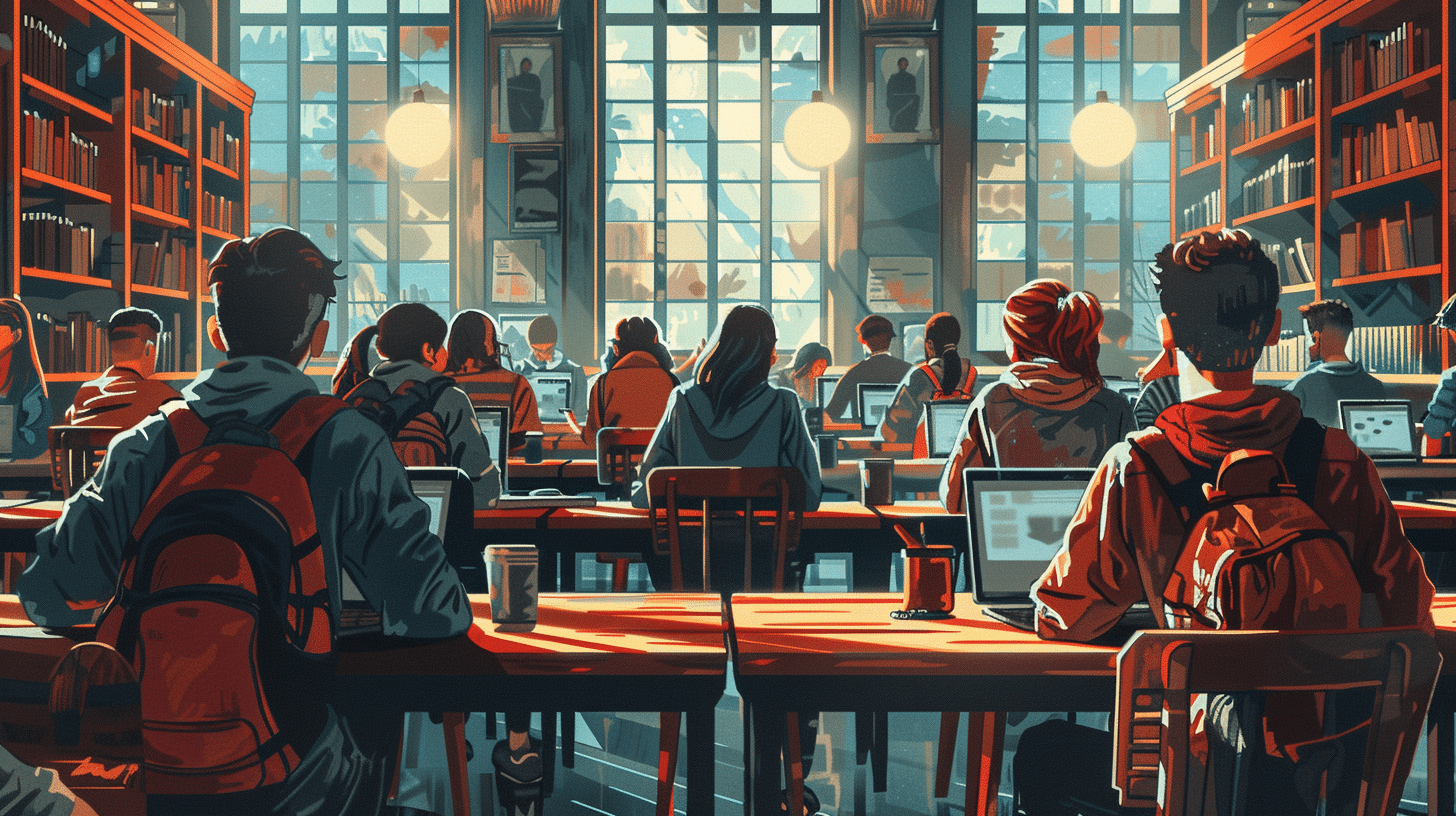Pick a language and start learning!
Position of adjectives in a sentence Exercises in Galician language

Understanding the position of adjectives in a sentence is crucial for mastering the Galician language. Unlike English, where adjectives typically precede the nouns they modify, Galician often places adjectives after the nouns. This positioning can significantly affect the meaning and emphasis of a sentence, making it essential for language learners to grasp these nuances. By exploring various sentence structures and practicing with diverse examples, learners can develop a strong command of adjective placement, enhancing their overall fluency and comprehension in Galician.
Our grammar exercises are designed to help you internalize the rules and patterns associated with adjective placement in Galician. Through these carefully crafted activities, you will encounter real-life scenarios and sentences that illustrate how adjectives function within the language. Whether you are a beginner seeking to build a solid foundation or an advanced learner aiming to refine your skills, these exercises will provide valuable practice. Dive in, and start mastering the intricacies of adjective positioning in Galician today!
Exercise 1
<p>1. O coche *vermelho* corre moi rápido (color of the car).</p>
<p>2. O rapaz *alto* está na escola (height of the boy).</p>
<p>3. A casa *nova* está en construción (state of the house).</p>
<p>4. O libro *interesante* está na mesa (quality of the book).</p>
<p>5. A comida *deliciosa* está na cociña (quality of the food).</p>
<p>6. A flor *amarela* é moi fermosa (color of the flower).</p>
<p>7. A cidade *grande* está chea de xente (size of the city).</p>
<p>8. O gato *negro* dorme no sofá (color of the cat).</p>
<p>9. A película *emocionante* foi un éxito (quality of the movie).</p>
<p>10. A praia *tranquila* é perfecta para descansar (state of the beach).</p>
Exercise 2
<p>1. O libro *interesante* está na mesa (adjective meaning 'interesting').</p>
<p>2. A casa *grande* está ao lado do parque (adjective meaning 'big').</p>
<p>3. Temos un coche *novo* na garaxe (adjective meaning 'new').</p>
<p>4. A nena *feliz* está xogando no xardín (adjective meaning 'happy').</p>
<p>5. O gato *pequeno* está durmindo no sofá (adjective meaning 'small').</p>
<p>6. A flor *fermosa* está no xardín (adjective meaning 'beautiful').</p>
<p>7. O home *alto* está a falar co veciño (adjective meaning 'tall').</p>
<p>8. A cidade *vella* é moi turística (adjective meaning 'old').</p>
<p>9. O can *branco* está correndo polo parque (adjective meaning 'white').</p>
<p>10. A muller *intelixente* está lendo un libro (adjective meaning 'intelligent').</p>
Exercise 3
<p>1. A casa *grande* está na esquina (adjective meaning 'big').</p>
<p>2. O coche *novo* é de meu irmán (adjective meaning 'new').</p>
<p>3. A flor *vermella* é moi fermosa (adjective meaning 'red').</p>
<p>4. O can *pequeno* está no xardín (adjective meaning 'small').</p>
<p>5. A mochila *pesada* está sobre a mesa (adjective meaning 'heavy').</p>
<p>6. O libro *interesante* está na estante (adjective meaning 'interesting').</p>
<p>7. A nena *intelixente* sacou boas notas (adjective meaning 'intelligent').</p>
<p>8. A árbore *alta* dá moita sombra (adjective meaning 'tall').</p>
<p>9. O prato *delicioso* foi cociñado por miña nai (adjective meaning 'delicious').</p>
<p>10. A estrada *longa* leva ao castelo (adjective meaning 'long').</p>







